Journalism is Broken, but so is Alternative Media

On this blog, I have previously discussed how broken journalism is – see FTX & SBF: Ordinarily Dishonest Journalism. Worse, these problems are neither recent nor easily resolvable. Consequently, I find myself drawn to alternative media initiatives that aim to bypass traditional channels. These alternatives range from podcasts like Lex Friedman’s to more conventional news-style projects such as the pro-technology Pirate Wires.
However, these alternative platforms are not without their flaws, as is particularly evident in their coverage of politically charged or culture-war topics, where there's a strong incentive to simply oppose the often insane mainstream media narrative. A case in point is the controversy surrounding Neri Oxman’s alleged plagiarism.
Oxman’s Extensive Plagiarism
The mainstream media story is simple. Bill Ackmann helped right-wing activists get the president of Harvard, Claudine Gay, fired for plagiarism, but his wife Neri Oxman also committed plagiarism. “What a hypocrite! It wasn't about plagiarism at all - it's all about partisan politics!”
The narrative presented by alternative media is as follows. Neri Oxman, Bill Ackman's wife, was targeted as a form of political retribution. The plagiarism allegations against her are minor oversights, primarily involving instances where Oxman cited the original authors appropriately at the end of paragraphs but regretfully omitted quotation marks. “Going after innocent Neri Oxman as political retribution just shows how rotten and partisan the mainstream media is!”
I wrote about the whole affair already once in The Problem is Not Plagiarism, but Cargo Cult Science.
The second narrative is mostly right. It’s correct that the reason for Business Insider’s investigation of Neri was to get back at Ackman. Furthermore, the instances of plagiarism identified by Business Insider could plausibly be attributed to honest errors.
Unfortunately, it’s not correct that Neri Oxman is innocent. While the instances of plagiarism reported by Business Insider may not be severe, further investigations conducted by online autists have uncovered an alarming extent of plagiarism in Oxman’s PhD thesis. Two especially funny examples should suffice to make the point (mostly compiled by the friendly science investigator Science Banana).
Here Oxman copy-pasted parts of an online physics page of the University of Cambridge:
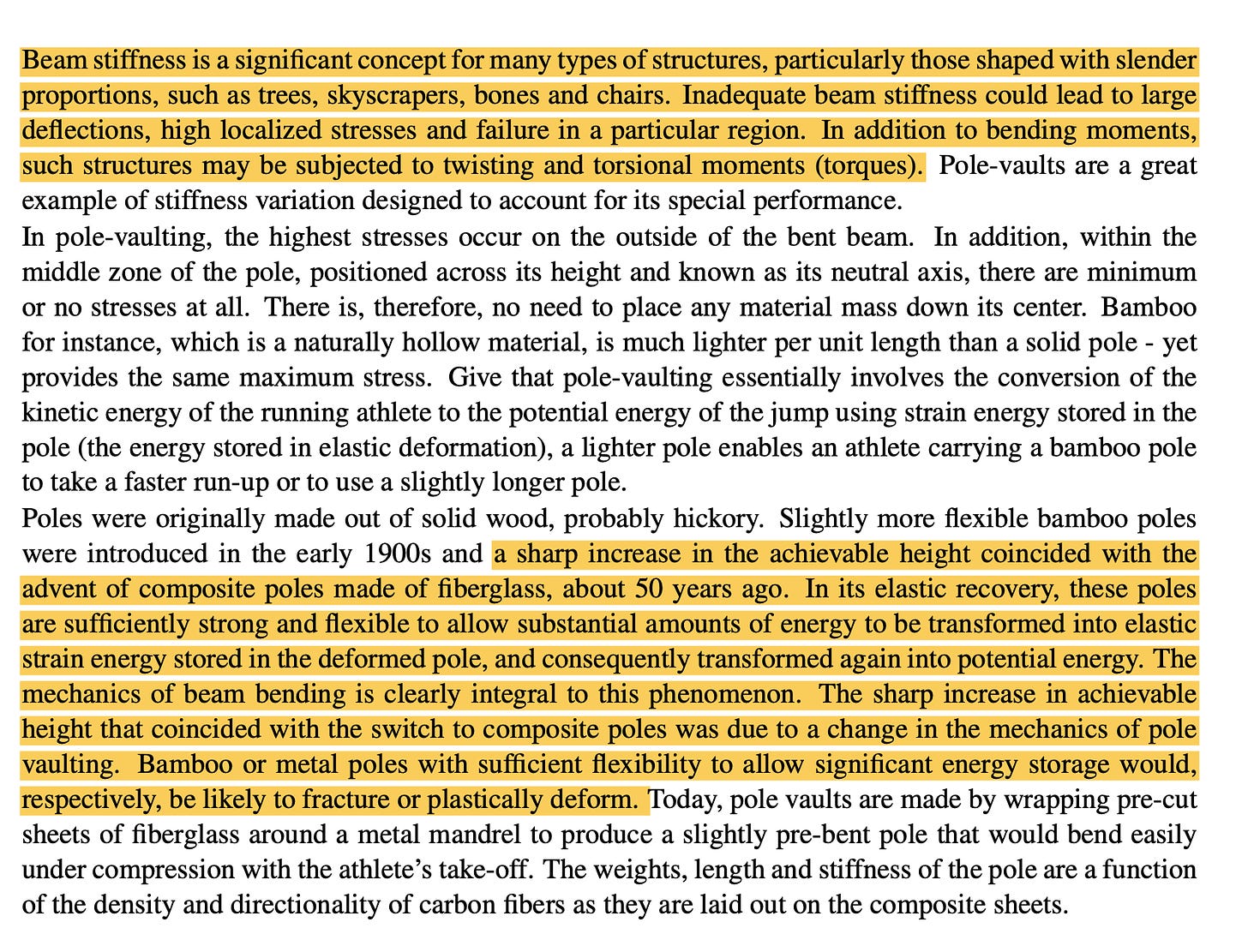
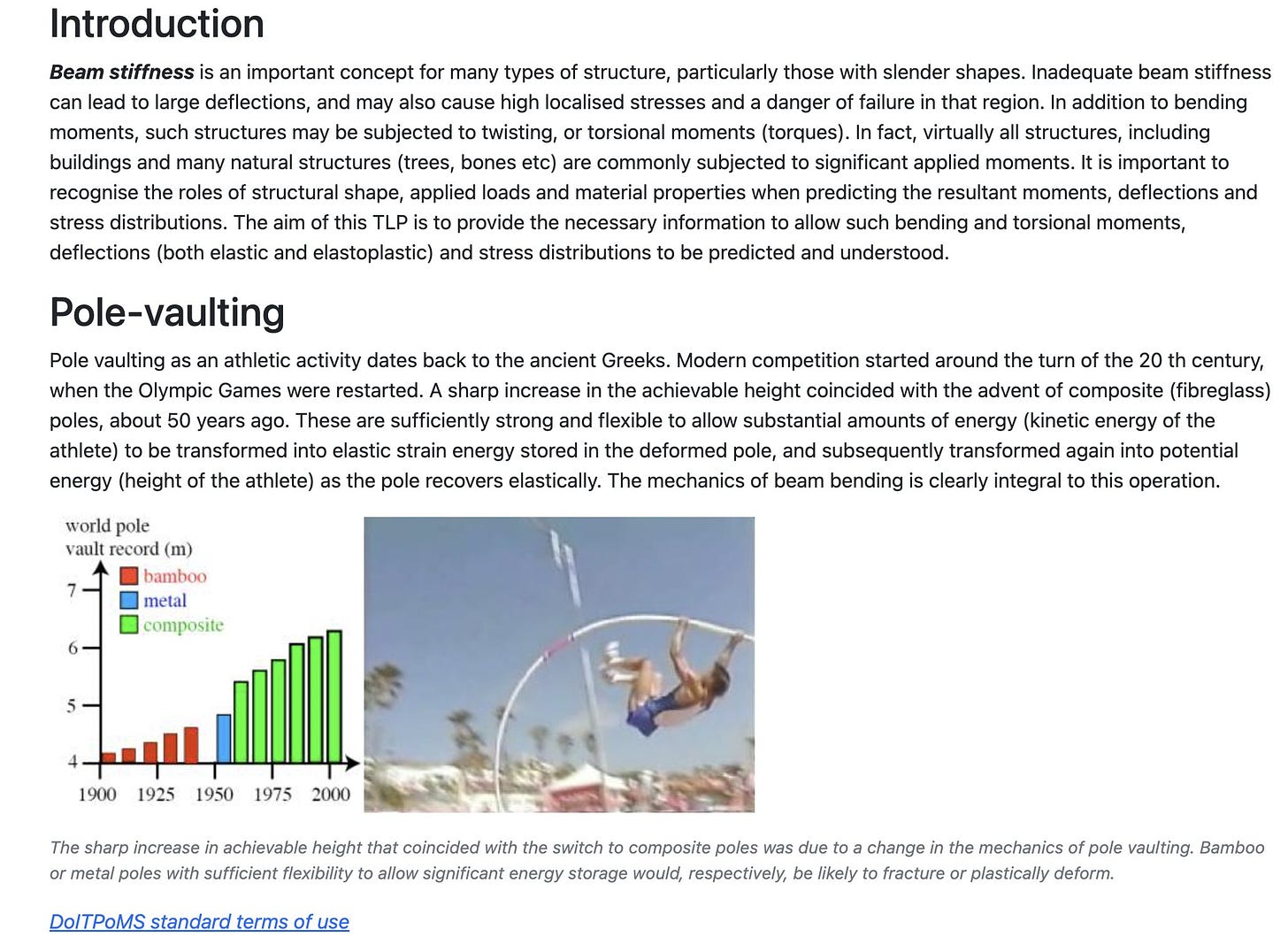
Note that the phrase “a sharp increase in the achievable height coincided with the ...” appears awkwardly twice in Oxman's second paragraph because in the original it appears both in the text and in the image caption. She seems to have copy-and-pasted everything without checking her “work” afterward. To make matters worse, even the middle part of the above-screenshotted part of her thesis is plagiarised.
A second example: Neri plagiarised a part of her thesis from a 2003 paper but copy-pasting turned “3µ" into “3m,” creating three-meter bundles of collagen fibers.
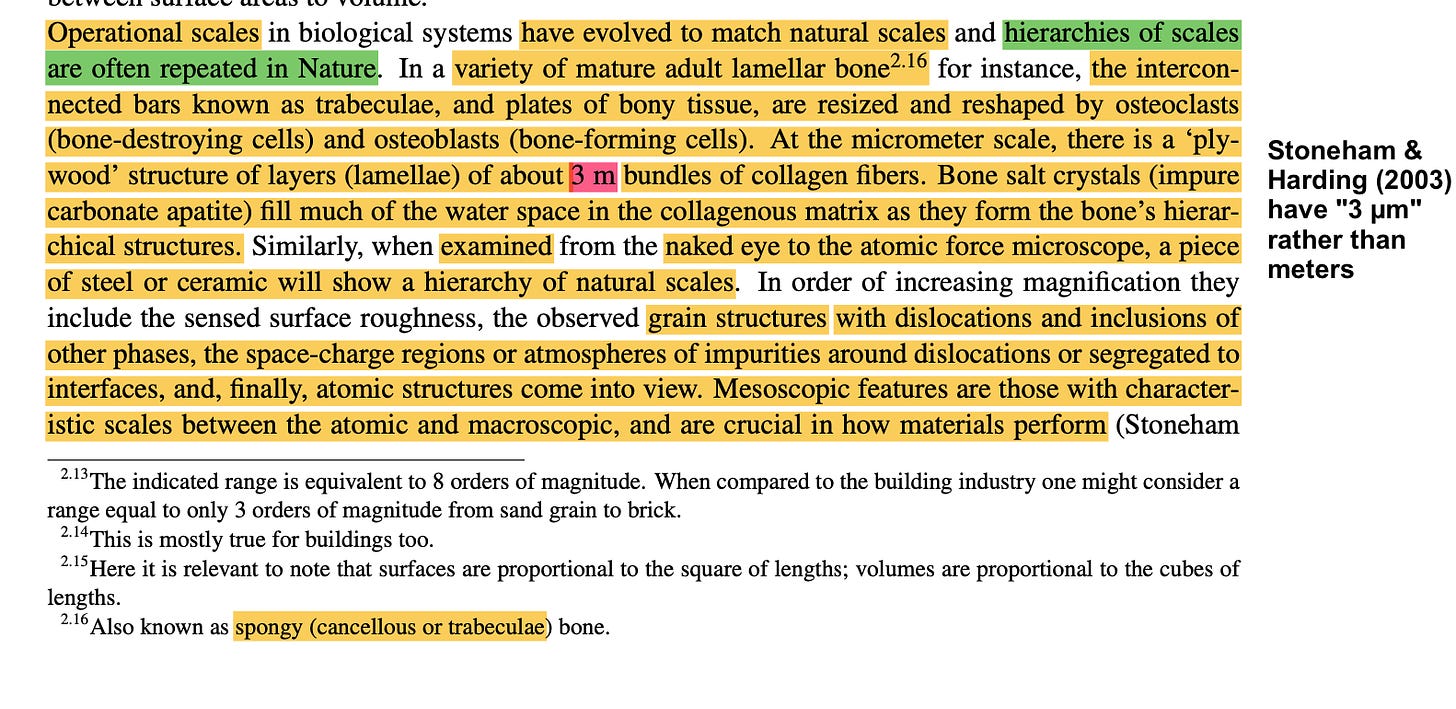
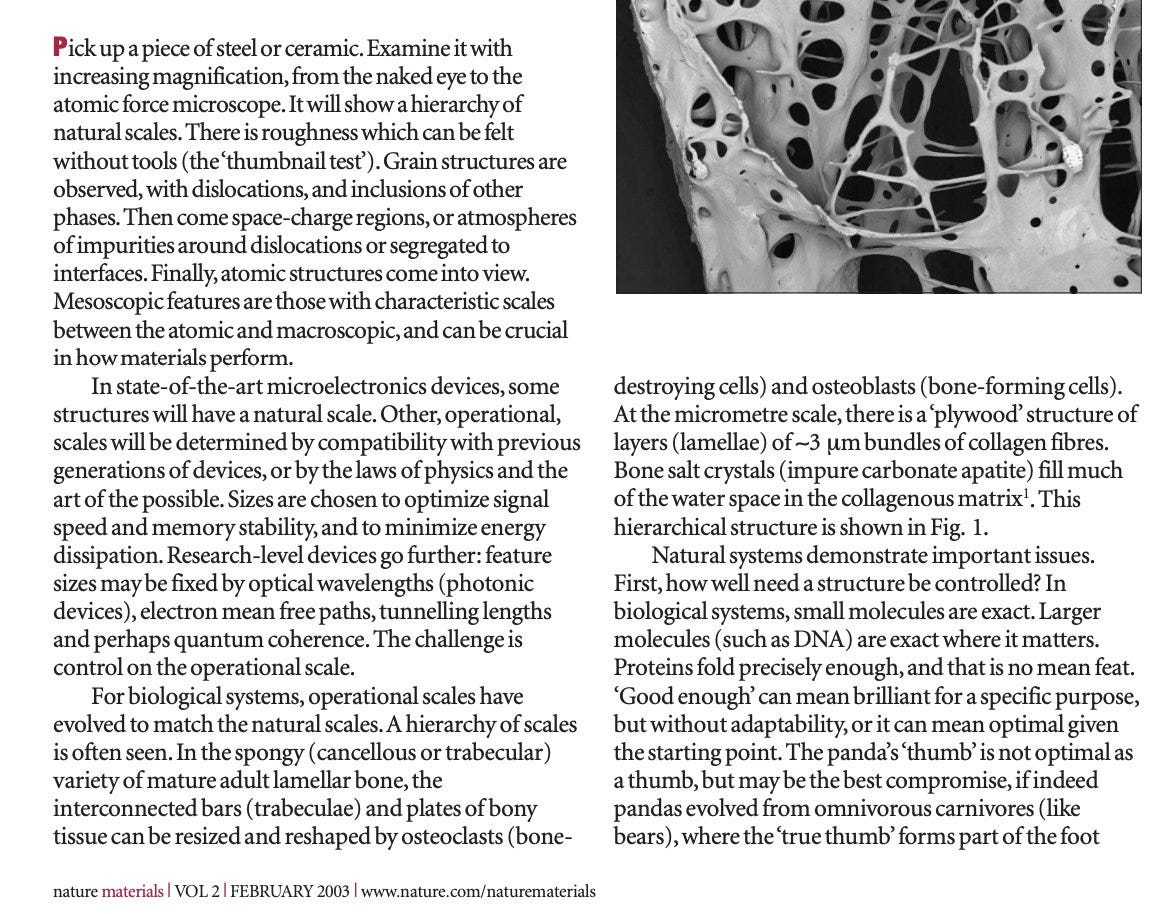
The extent of copied content in her thesis is so large that if one were to remove these plagiarized sections, it would leave very little material intact (e.g. chapter 2).
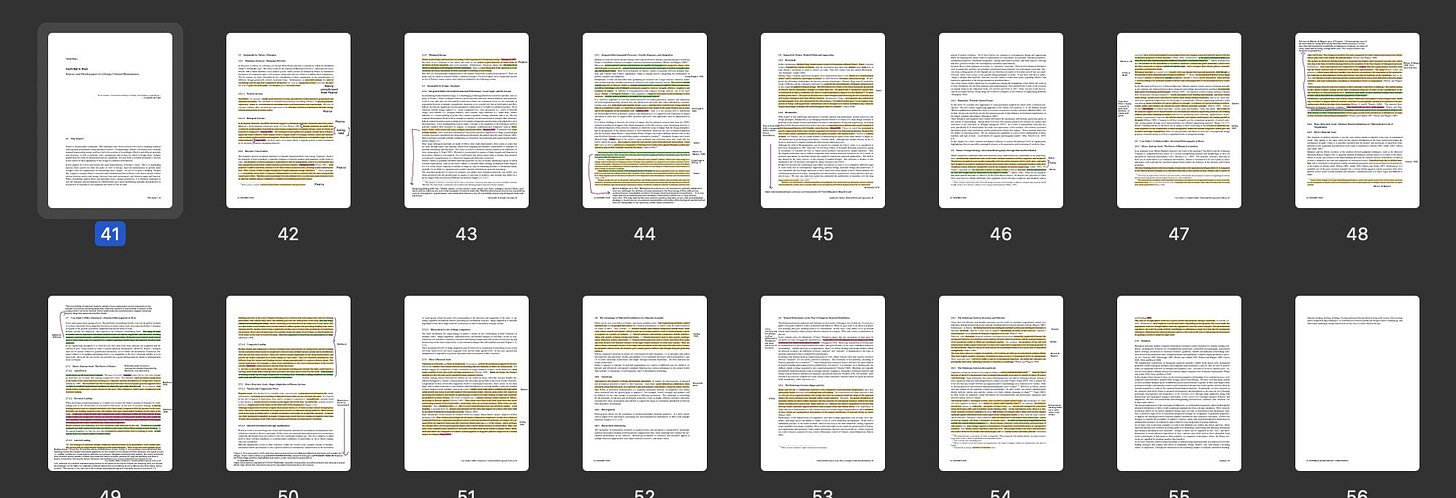
In addition, many of the technical parts and the figures appear to be completely superfluous without any connection to an overarching point.
Friend/Enemy Isn’t The Solution
The verdict in the Oxman case is obvious. It’s therefore not a great look when people out of the alternative media sphere push the innocent Oxman narrative. For instance, Mike Solana, who I like and respect a lot, wrote:
While charges consisted mainly of a few missing quotation marks, good intentions couldn’t possibly matter following the partisan targeting of Gay.
Lex Friedman has a similar soft spot for that version of the story. In a recent conversation with Bill Ackman, Friedman refrained from posing challenging questions, instead affirming Ackman’s “innocent Oxman” version of the story.
Again, Business Insider is not the hero; they got lucky that Neri turned out to be guilty of an insane amount of plagiarism (something they seem to be unaware of).
Still, Lex and Mike either didn't know about plagiarism (questionable journalism) or didn't care (questionable ethics). I suspect the former. They likely didn't look for any evidence that contradicted the version that confirmed their worldview.
Misrepresentations like that can severely damage credibility, which is particularly detrimental for alternative media platforms. The primary goal should be to build a reputation for honesty and integrity. In other words, for telling the truth. At some point, people should be able to trust sources like Pirate Wires more than the New York Times, knowing the former is committed to uncovering the truth at all costs. The only way to build a reputation like that is to show that while mainstream media presents partisan views (Fox News vs. CNN), these alternative platforms strive to deliver factual information, irrespective of its alignment with any particular political narrative. “That’s how we win,” as they say.
Always opposing the mainstream media is not a good strategy because they are not always wrong. Even when they are wrong, the opposite of their story is not always right. Without an unwavering commitment to truth, alternative media platforms will share the same fate as Fox News (and we don’t need more of that).